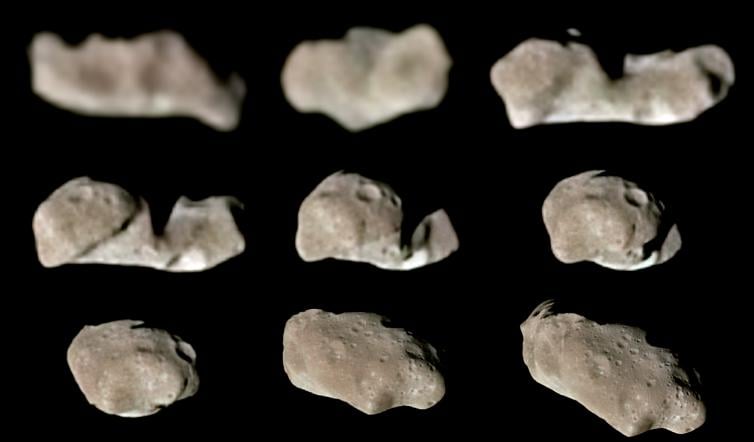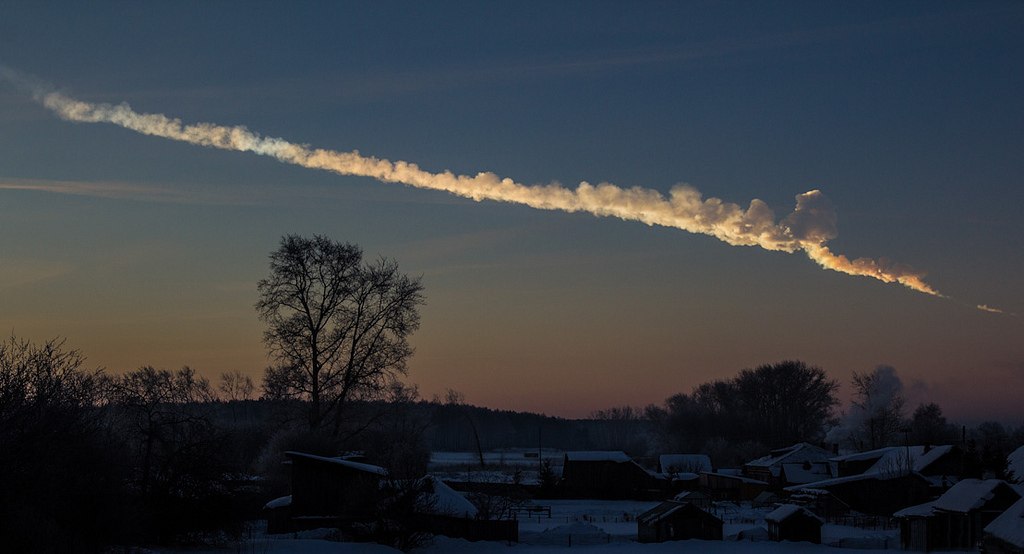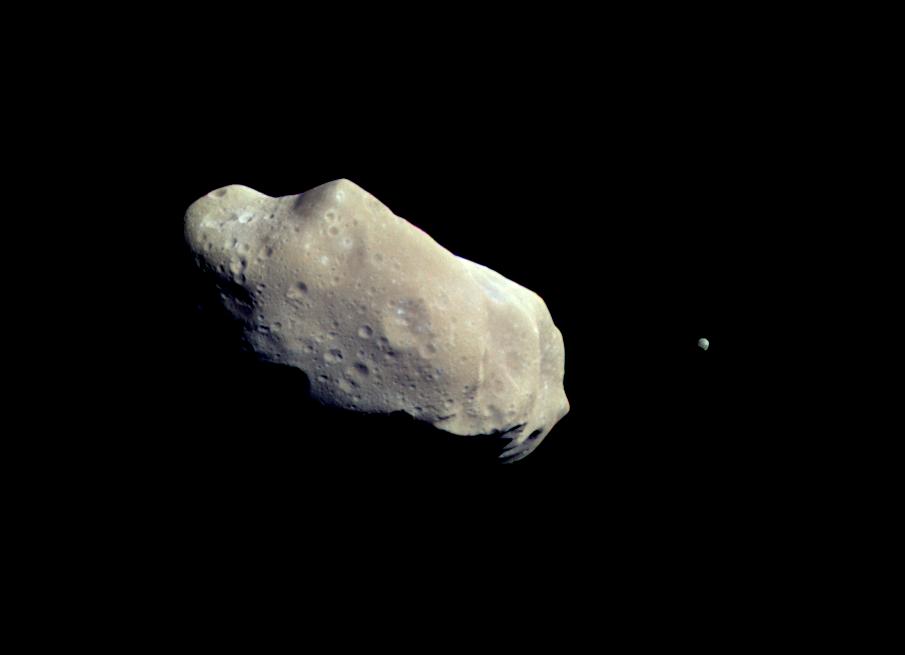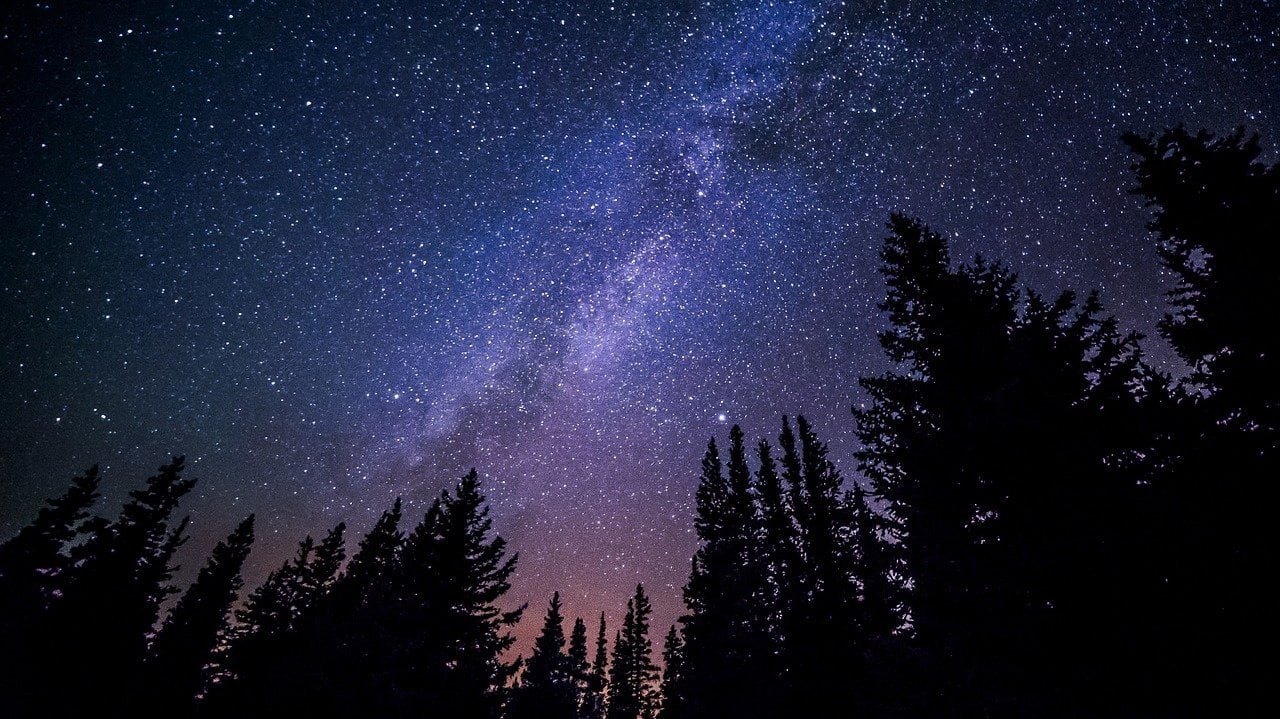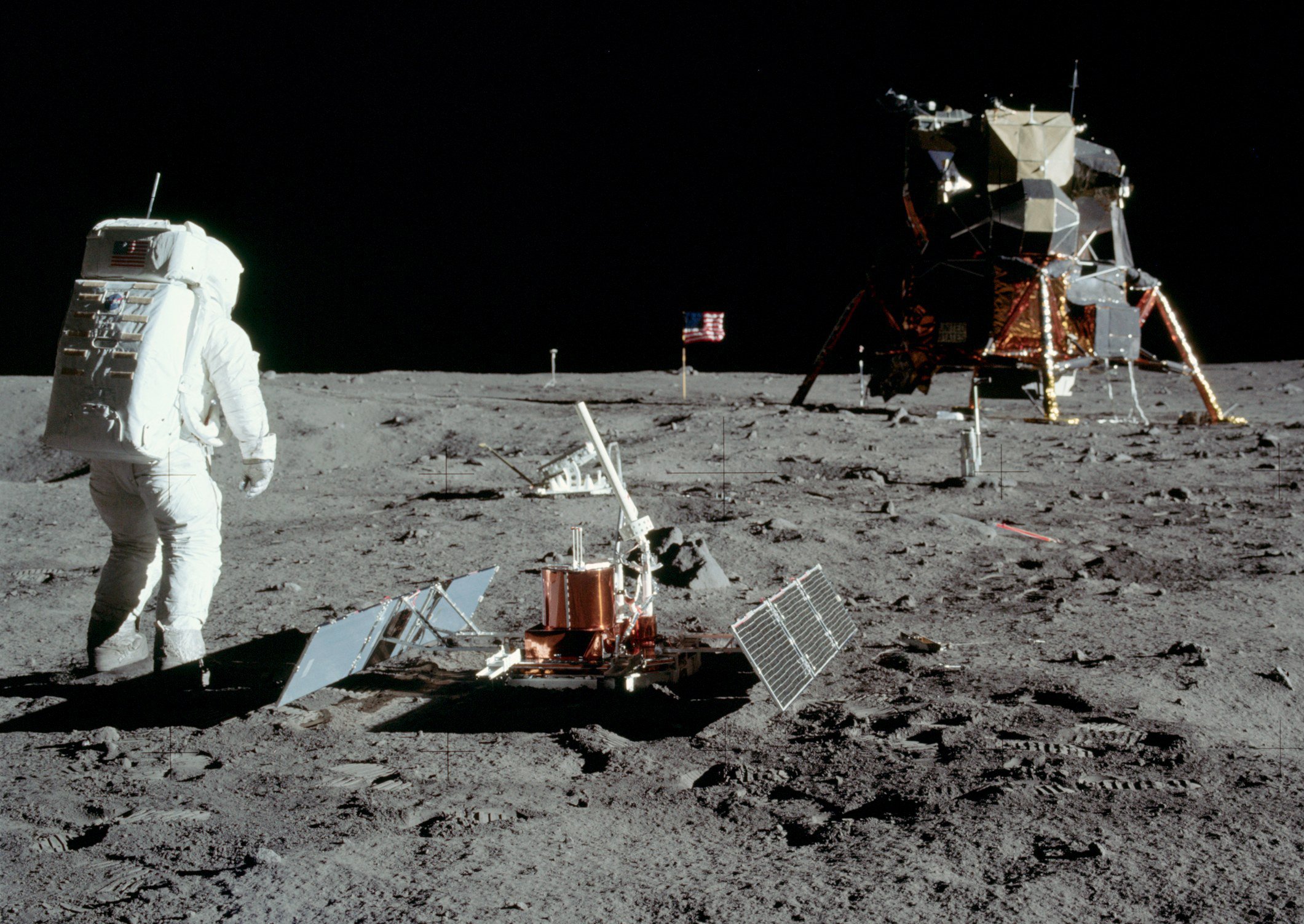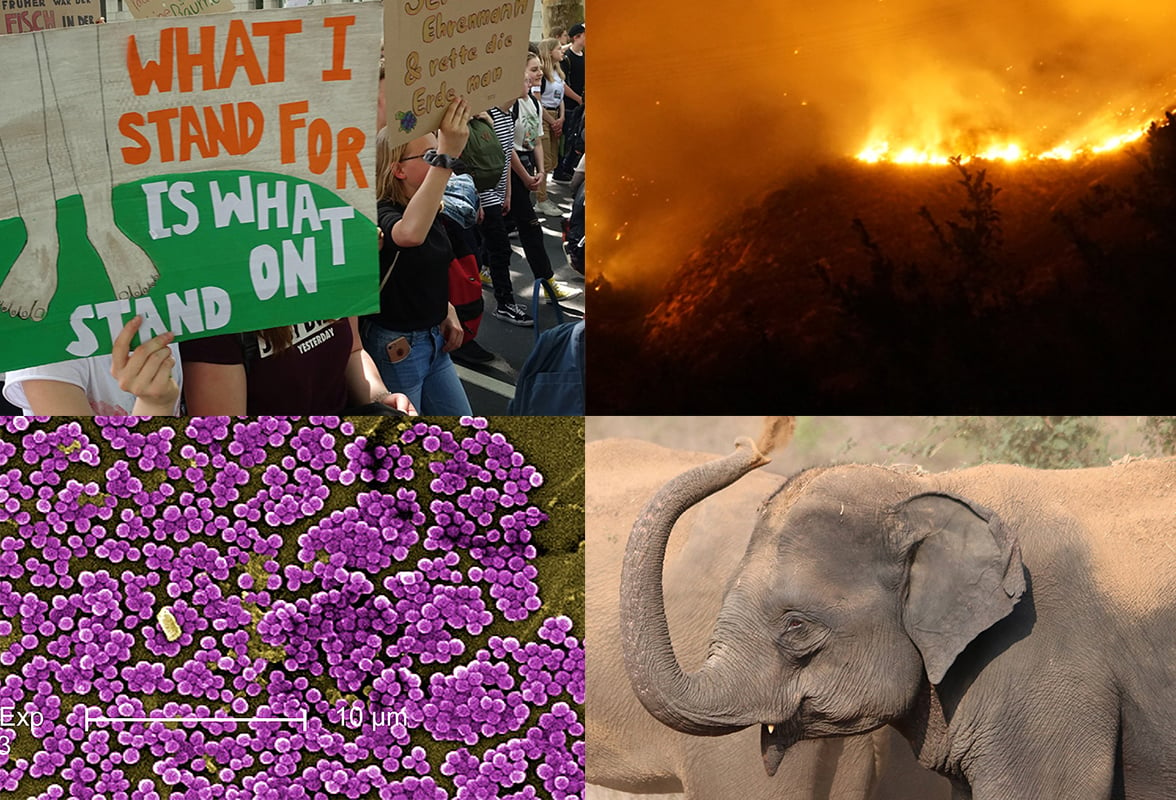How scientists are ‘looking’ inside asteroids
Asteroids can pose a threat to life on Earth but are also a valuable source of resources to make fuel or water to aid deep space exploration. Devoid of geological and atmospheric processes, these space rocks provide a window onto the evolution of the solar system. But to really understand their secrets, scientists must know … Read more

